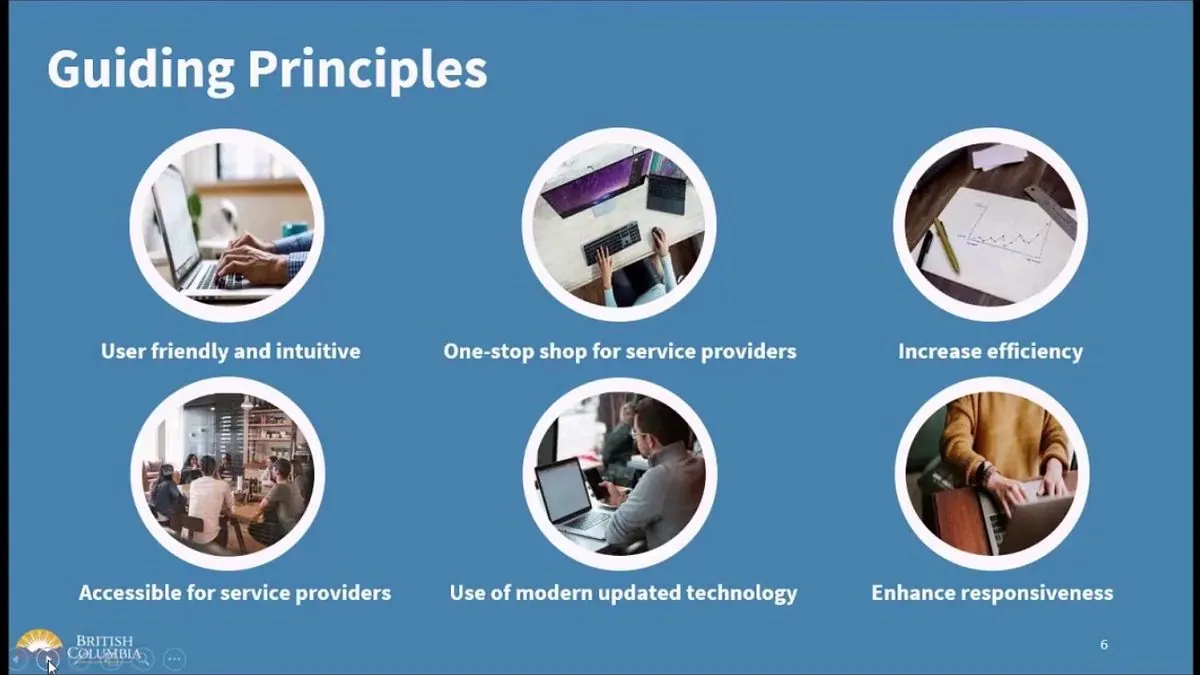Forgiveness in the Face of Tragedy: A Complex Journey for Victims
Exploring the challenges and potential benefits of forgiveness after severe crimes. From recent UK cases to restorative justice practices, victims navigate a difficult path towards healing and understanding.

Forgiveness, often hailed as a powerful tool for healing, presents a complex challenge for victims of severe crimes. Recent events in the UK have reignited discussions about the limits and possibilities of forgiveness in the aftermath of tragedy.
In 2023, Valdo Calocane, a man with paranoid schizophrenia, killed three people in Nottingham. His brother's attempt to apologize to the victims' families was met with mixed reactions. James Coates, son of one of the victims, stated that the letter "wasn't the right time and it has fallen on deaf ears." This incident highlights the delicate nature of seeking forgiveness, especially in the early stages of grief.
Marina Cantacuzino, founder of The Forgiveness Project, emphasizes the importance of context in restorative justice. She notes that forgiveness can take decades and, if sought too soon, may re-traumatize survivors. The process is deeply personal and not always appropriate for every situation.

Some high-profile cases have demonstrated remarkable instances of forgiveness. Esther Ghey, mother of murdered teenager Brianna, called for empathy towards her daughter's killers' families. In March 2024, she even met with one of the killer's mothers, a move described as "extraordinarily unusual" by restorative justice expert Prof Lawrence Sherman.
The benefits of forgiveness can be significant for some victims. Figen Murray, who lost her son in the 2017 Manchester Arena bombing, found that forgiving the perpetrator preserved her sense of humanity. Similarly, Anne-Marie Hagen, whose father was murdered, described forgiving her father's killer as wiping away "16 years and 10 months of misery."
Restorative justice programs have shown promising results. Sara Dowling, CEO of Why me?, a charity promoting access to restorative justice, reports high satisfaction rates among victims and reduced reoffending among perpetrators. A study in Canberra, Australia, even found a potential link between restorative justice and reduced suicide rates among young offenders.
However, the journey towards forgiveness is not universal or mandatory. As Cantacuzino emphasizes, "It's important that victims don't feel under any obligation to forgive or think that if they don't they are somehow lesser or won't heal." For some, like the families affected by the Nottingham killings, the wounds may be too fresh to consider forgiveness.
The complexity of forgiveness in severe crimes underscores the need for tailored, victim-centered approaches in the healing process. While forgiveness can offer a path to peace for some, others may find different routes to recovery, highlighting the deeply personal nature of healing after tragedy.
"Grace and Barnaby's parents will never see their child grow up, because the NHS and the police didn't do enough. Valdo knew what he was doing and his family have still got him, they can still speak to him on the phone. I will never be able to see my father again."


































